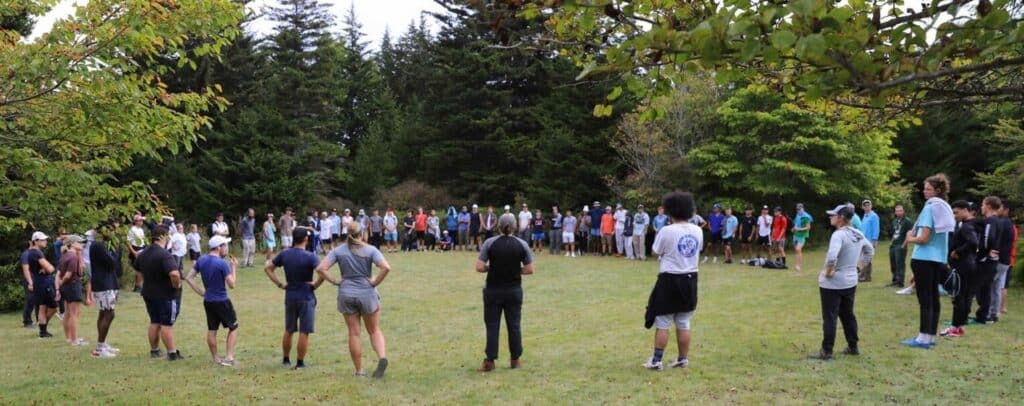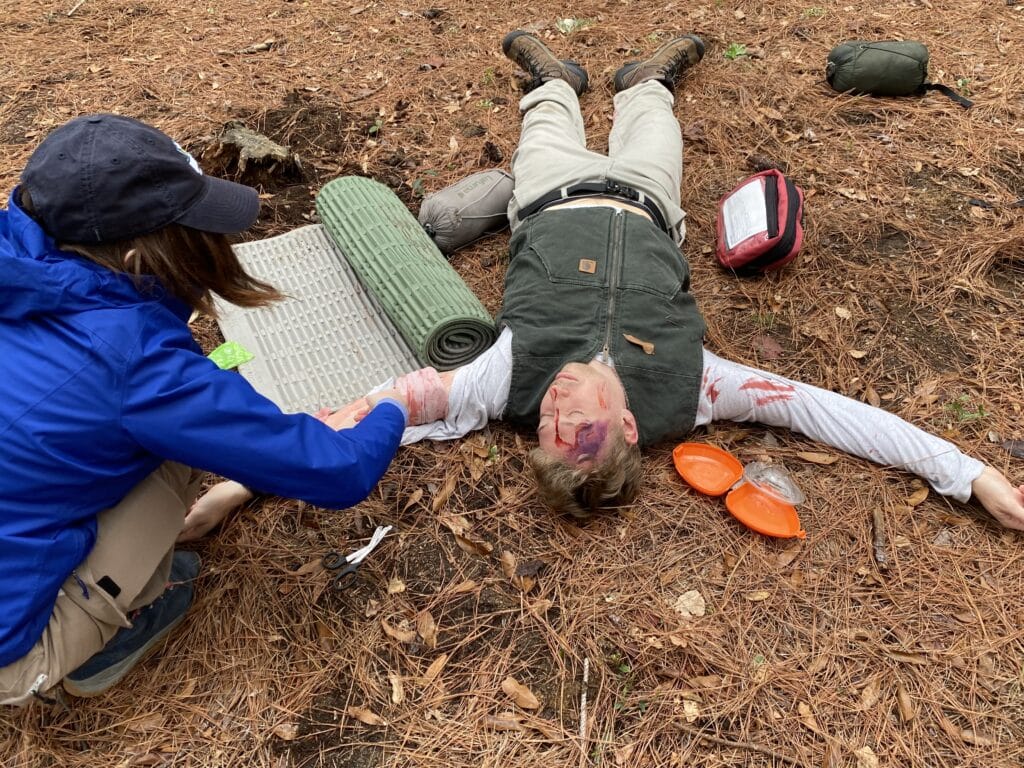The Value of Outdoor Education to Your Students and School’s Curriculum
Outdoor EducationFor as long as we can remember, private and independent schools have recognized the transformative power of experiential learning, and that’s particularly true when it involves outdoor and adventure-based activities. While all educators are trained and encouraged to seek innovative ways to engage students in their own education, private and independent schools have traditionally been more likely to partner with an organization like ours to create a custom outdoor program that reinforces their curriculum and culture.
Here at The National Center for Outdoor Adventure and Education (NCOAE), we assist all types of schools — including private and independent ones — to seamlessly incorporate outdoor and adventure-based experiential education into their curricula.

By exploring the benefits, practical considerations, and implementation strategies, we work closely with these schools to enhance their educational offerings. And when we succeed, we find we have awakened and nurtured a sense of adventure in their students. In addition, we have supported the development of well-rounded youth who are better equipped for success in academics, peer interactions, and the communities in which they live.
Benefits for Students
Participation in our highly customized and curriculum-based outdoor education programs contributes to higher student retention rates, higher grade averages, and positive changes in a student’s “Five C’s” — Competence, Character, Connection, Confidence, and Caring.
At NCOAE, our custom programs for private, independent, and even open enrollment summer camp expeditions for teens are built on our Theory of Change: (more…)
Evaluating Neurovascular Function in the Backcountry
Wilderness MedicineWhen it comes to emergency medicine — whether in an urban setting or the backcountry — swift and accurate assessments play a pivotal role in determining the severity and progression of an injury and deciding the best course of action.
The decisions you make regarding treatment, evacuation, and transportation in cases of non-obvious threats to life and limb can determine not only whether someone lives or dies, but also their quality of life should they survive the emergency. After all, quality of life is a huge part of being alive. And a beating heart with minimal brain activity doesn’t always meet a person’s definition of “living.”
The National Center for Outdoor and Adventure Education (NCOAE) is a leading provider of wilderness medicine education and certification, and in this post, we’re taking the time to introduce you to the process of evaluating neurovascular function to determine the extent and progression of an injury. By doing so, you can make well-informed treatment, evacuation, and transportation decisions when responding to a medical emergency, no matter the origins of the incident.

Understanding What a Neurovascular Assessment Entails
A neurovascular assessment is a collection of tests used by medical clinicians, including emergency medical personnel such as Wilderness First Responders and Wilderness EMTs, to determine whether someone is suffering nerve damage or impaired blood flow. Neuro refers to anything related to the body’s nervous system, and vascular refers to anything related to the body’s blood vessels. Neurovascular function encompasses the interplay between the brain, spinal cord, peripheral nerves, and blood vessels that supply oxygen and other vital nutrients to organs, limbs, and tissues. Any disruption of this intricate balance can lead to severe consequences ranging from impaired cognition to more severe conditions such as stroke or the loss of a limb.
Neurovascular status can be determined by simple tests of the following three functions: (more…)
TALK TO US
Have any further questions about our courses, what you’ll learn, or what else to expect? Contact us, we’re here to help!